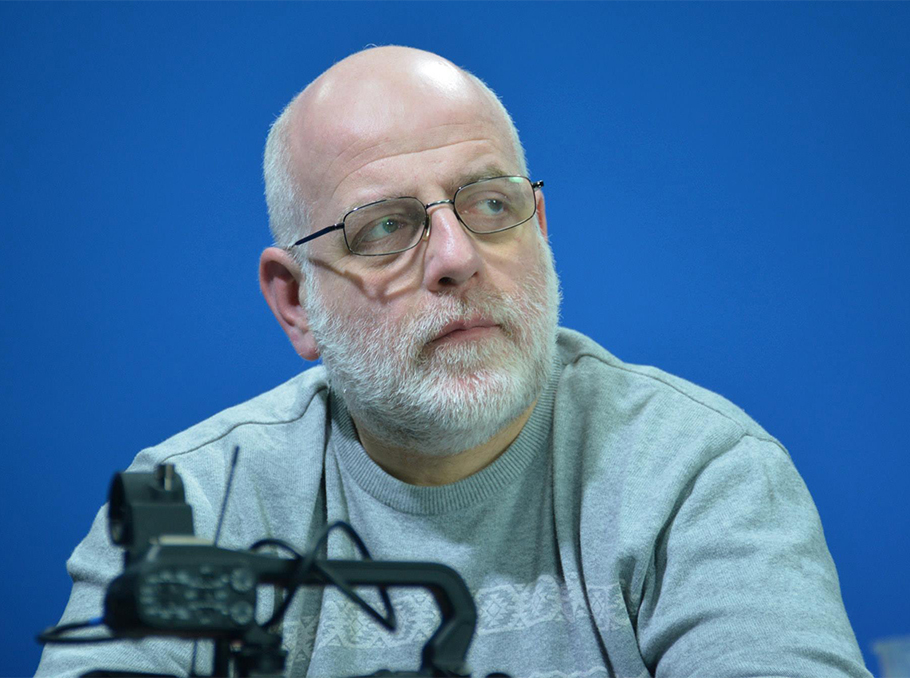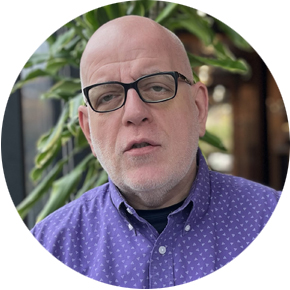Mediamax’s interview with journalist, regional offices manager at Transparency International Georgia Zviad Koridze.
(The interview was recorded in Tbilisi on November 27, 2024, prior to the mass protests in Georgia).
- Do you think there was an opportunity for Georgia, Armenia, and Azerbaijan to establish a framework for regional cooperation and harmonization of foreign policy goals after independence?
- Harmonization of efforts should have been considered much earlier - in the late 80s, when it was obvious that the Soviet Union was about to collapse. Unfortunately, all three countries were unlucky with their leaders.
- Do you believe that the roots of today’s problems go back to the Soviet Union?
- Absolutely! I’m often asked why the three South Caucasus countries haven’t managed to establish cooperation similar to the model of the Baltic States. The main reason is that the Baltic countries strived, planned and worked for it, while the South Caucasus countries did the opposite.
Despite the fact that we had stronger historical ties, relations, friendship and mutual understanding both culturally and domestically, the Baltic leaders proved to be far more pragmatic and reasonable.
- What can unite us today?
- History cannot unite us. Over the past three decades, we have done a lot of things, and the historical context only hinders us. Unfortunately, all three countries have serious phobias about each other.
Geography could unite us, but, at present, it does not play an active role. Geography helped Georgia for example with the Baku-Ceyhan pipeline passing through our territory. However, if the political situation between Armenia and Azerbaijan changes, an alternative pipeline route could emerge.
We need to establish our own security system and find partners who can support it in a way that benefits all three countries. We also need to create a common market - something we haven’t even seriously considered. Separately, either Armenia, or Georgia or even Azerbaijan are not particularly attractive countries for investment, but a common Caucasus market is another matter.
Additionally, we should work toward building a common cultural space. This does not mean giving up our national projects or our identity.
- Over the past three decades, the idea of establishing a regional security system in the 3+3 format has surfaced numerous times. After the 2020 war, another attempt to formalize this concept was initiated by Russia and Turkey, with Azerbaijan’s tacit involvement, but Georgia has not yet participated in the meetings of foreign ministers.
- If Georgia joins the 3+3 format, I don’t see any place for Armenia there, because Georgia, Azerbaijan, Turkey, Russia and Iran are ruled by authoritarian regimes.
With whom is Kobakhidze (Prime Minister of Georgia-Mediamax) trying to find a common language? With rulers who are not interested in democracy - with Lukashenko, with Orban.
- How relevant and interesting is what’s happening in Armenia for Georgian society?
- There are politicians and experts in Georgia who say: “Look at Armenia, it went against Russia and lost Karabakh, if we go against Russia we will lose something else”.
However, Armenian government is making new decisions today, and this should not be viewed solely through the lens of the Russian factor. Armenia wants to become a modern state, the concepts of “real” and historical Armenia are being discussed.
 Zviad Koridze
Zviad Koridze
In Georgia, the proposals and programs of the authorities are archaic and lack a modern, forward-looking slogan. Armenia is attempting to “step out of history” and become a modern state. Aliyev is also relying on history, with his only real asset being oil. He held a huge international summit on climate change, which he opened by saying that “oil is a gift from God.” Because that gift gave him power. It is very difficult for oil countries to follow the democratic path: “I have oil, I am rich, and if I am rich, why do I need democracy?”
Any form of authoritarianism or patriarchal governance belongs to the past - it is history. When Aliyev Sr. and Shevardnadze started building a strategic partnership between Azerbaijan and Georgia, their focus was on the future. However, the interaction between Ivanishvili and Aliyev Jr. is moving in an entirely different direction.
- But surely, we can’t completely abandon history, can we?
- We will leave history in museums and books. If we view our current political realities through the prism of history, we must go to war. There is no other matrix in history. Let’s honor history, lay a wreath on its grave and thank our ancestors. When things do not work out between our countries, we rely on history, and this has always been the case. And if we look through a different lens, we will get a different reality.
Ara Tadevosyan spoke with Zviad Koridze





















